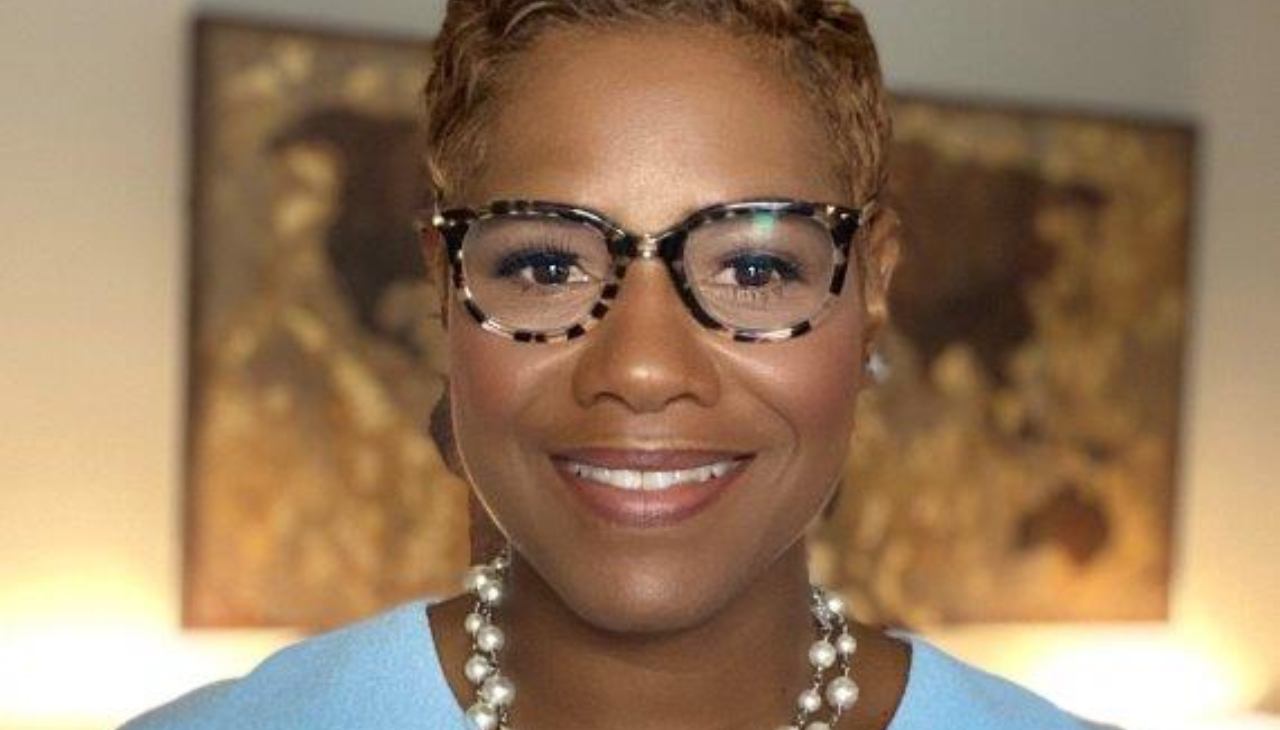
Ebony Thomas, the executive behind Bank of America’s Neighborhood Builders: Racial Equality Award
Throughout her career, Ebony Thomas has always tried to do what will help communities achieve equity.
Ebony Thomas grew up surrounded by educators, so her first career was in education because that is what she knew. She also thought that a good education would help people achieve the American Dream.
She graduated from North Carolina A&T University, a historically black college (HBCU), with a degree in English language and literature, but soon saw that education alone wasn’t enough to help.
“I think what eventually happened when I got into public education, I really started to see the disparities in the gap and recognize that education alone isn’t the great equalizer. There’s health, there’s wealth, there’s access, there are so many things that in connection to education can be the great equalizer to the American Dream, but it alone isn’t,” said Thomas in an interview with AL DÍA News.
She made the switch to financial services and has worked at Bank of America for 9 years. She currently serves as the bank’s Racial Equity and Economic Opportunity Executive. At its core, she describes her job as partnering with internal and external stakeholders to “deliver strategies in support of closing the racial wealth gap.”
One part of these strategies is the Neighborhood Builders: Racial Equality Award. This award is an extension of the Neighborhood Builders program, Bank of America’s 17 years running nonprofit program, and focuses on those whose organizations center on economic opportunity and closing the racial wealth gap.
This year, five organizations were selected as the inaugural recipients of the Neighborhood Builders: Racial Equality Award.
AL DÍA News spoke to one of the recipients, Nathaniel Smith of Southern Partnership for Equity, about how his organization is helping communities in the American South.
When asked what impact she wanted the award to have on the organizations receiving it, she talked about how two of the honorees mentioned the phrase “we see you.”
“And so the notion that we see you big, small, medium, we understand the work you’re doing, we honor the work that you’re doing, and we want to be partners,” said Thomas.
Her professional connection to racial equity is working for a company that practices “we see you” and consistency. She notes that the company doesn’t always get stuff right, but consistently tries to do so.
Another strategy to close the racial wealth gap is Bank of America’s $1.25 billion commitment to racial equity.
RELATED CONTENT
For this commitment, she describes job creation as key, especially for businesses run by Black, Hispanic/Latino, or female entrepreneurs. Part of their programs help people get access to capital.
Other parts of the commitment are for college-age individuals. The jobs initiative is putting $25 million into HBCUs, community colleges, and Hispanic-serving institutions to help students obtain jobs after college. Part of the money invested goes towards making the program sustainable for many years to come.
“We are focused on historically black colleges and universities, community colleges, Hispanic-serving institutions, we recognize that these institutions have been the pass-through and the foundation for creating economic mobility for diverse communities,” Thomas said.
There are also programs for those who chose to go straight into the workforce. Thomas explained that these programs teach students the skills and credentials they need to make a living wage.
In addition to job creation and employment, Bank of America is also investing in housing and healthcare.
To measure the success of the student programs, Thomas says that she’ll be looking to the near future, not 25 or 50 years down the line. She said in four or five years, “the success will be measured on if these students enter these institutions as these cohorts in majors that they didn't really understand or know existed. And then on the back end, they came out with less student debt, they had an internship, and they have a guaranteed job with an income that is supporting them, their families, and ultimately, their communities.”
As for the future of the Neighborhood Builders Award, Thomas hopes that in five to ten years hundreds of people will be able to get visibility and funding because of the award.
“That’s the goal,” she said. “The goal is to make sure that those organizations are around doing the work and have the support and resources they need to continue to transform communities.”











LEAVE A COMMENT: